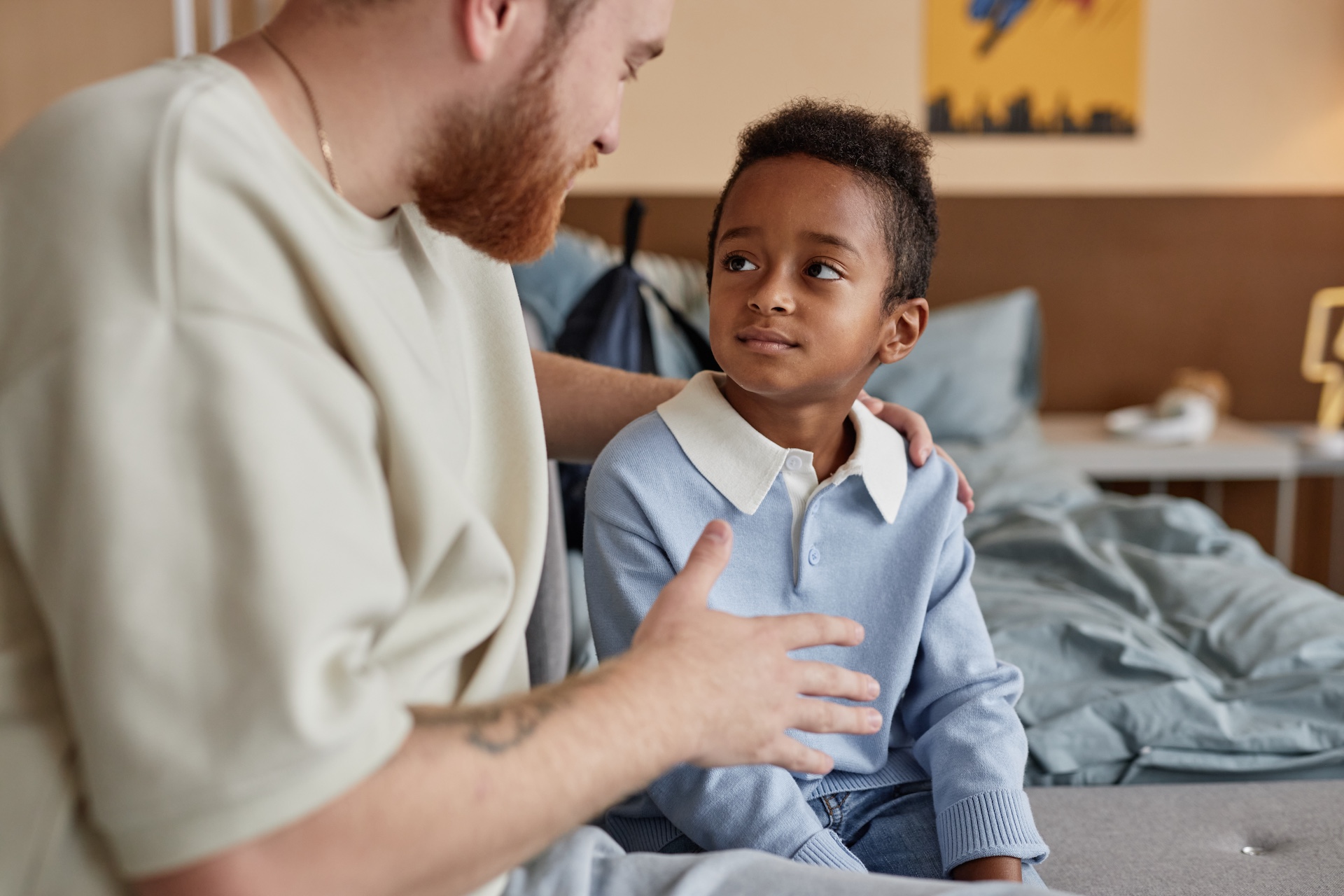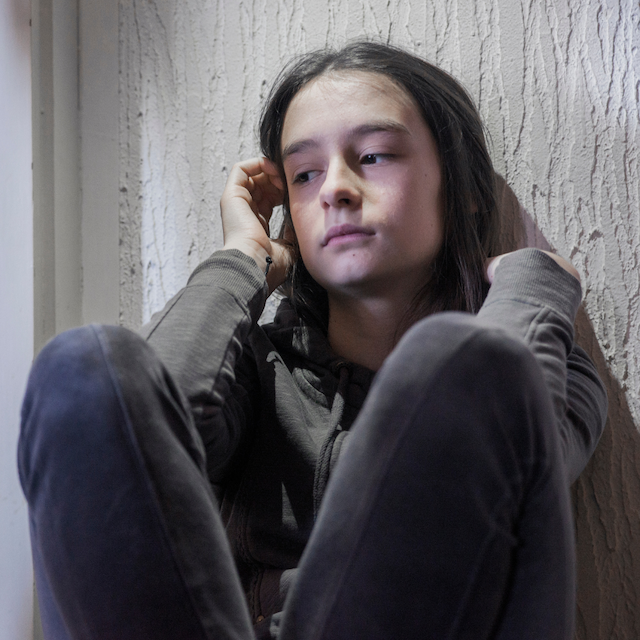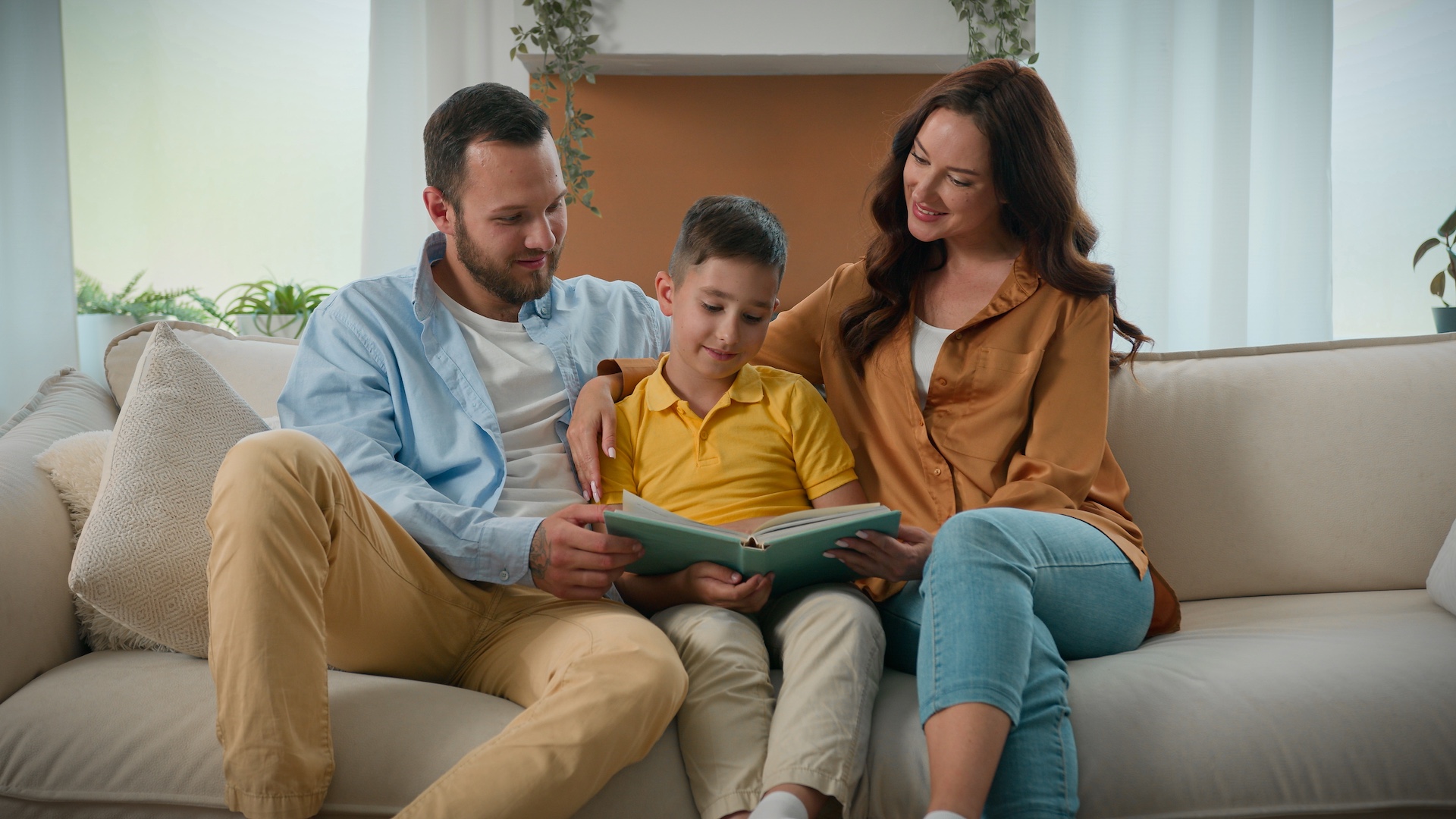Blogs
Wednesday, November 05, 2025
Finding the appropriate and most effective care for your loved one, especially a child or teen, can feel overwhelming and confusing. Looking online for child and adolescent therapists yields many results, and they can be for all kinds of providers and facilities who deliver treatments varying in approach, intensity, setting, and duration. In the mental health care world, there are different levels of care that are indicated by the needs of the individual. Understanding the range of services that make up the different levels of care can be crucial for identifying the effective treatment level for your child or teen.
Friday, October 10, 2025
The death of a loved one is a universal experience, and grief comes along with it, in many different shapes and forms. Experiencing grief after a loss is a natural and normal part of life, and most people will manage grief with the support of loved ones and practicing self-care, without lasting impact on their lives.
Friday, September 12, 2025
Experiencing death and loss of a loved one is a natural and unavoidable part of living, and no matter how old you get, dealing with feelings of grief can be confusing and overwhelming. Caring for a child or teen in the wake of a loss can feel challenging. It’s difficult to know what to do, or what to say, to help them understand and process the death of a loved one. Grief often comes with many different emotions, thoughts, and feelings, and for children who experience their first loss, it can disrupt their view of the world and what it means to live.
Wednesday, August 27, 2025
While Parent-Child Interaction Therapy (PCIT) was originally designed to address behavior difficulties for young children, the PCIT model has since been adapted or applied to a wider range of challenges that young children face, including ADHD, anxiety, selective mutism, and trauma.
Monday, August 18, 2025
The following is an interview with a real client at the Center for Effective Therapy who utilized The Modular Approach to Therapy for Children (MATCH) to support their child struggling with anxiety and depression.





